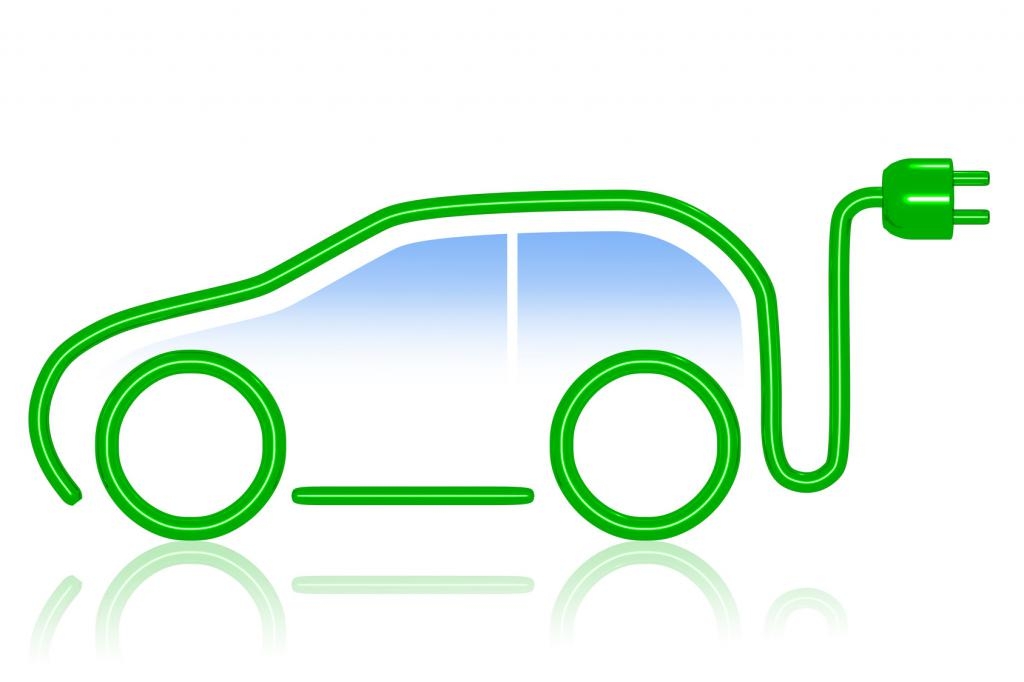
Is your community ready for electric vehicles?
Recognizing the increasing popularity of electric vehicles (EVs), the Florida Legislature recently enacted a statute providing condominium owners limited independence to install charging stations. Is your Association ready for this evolving trend?
More than half a million plug-in EVs have been sold in the United States over the past ten years, and it is estimated annual sales will continue to drastically rise. EV use has presented a challenge for Association managers and boards who run Condominium and Homeowner Associations. As these vehicles become more mainstream, it is wise to be proactive and set clear policy standards for your EV owning members.
EV owners in Homeowner Associations do the majority of their electric charging at home. For EV owners with private garages and separate metering it’s simple – they plug directly into an outlet or install a charging station. But where do EV owners with a communal parking garage or assigned parking space charge where power is paid for by the community?
Florida’s recently enacted statute, Section 718.113(8), attempts to resolve potential issues that may arise when a member of a Condominium Association who owns an EV seeks to install a charging station on a limited common element, such as their personal parking space. The new law forbids a Condominium Association from prohibiting an owner from installing an EV charging station within the boundaries of the unit owner’s limited common element parking area. That being said, the Statute does allow an Association to adopt a number of rules and restrictions so as not to impair other unit owners’ rights, or force non-EV owners to pay for the expenses and electricity associated with the charging station.
Specifically, the Statute allows an Association to require the EV owner to adhere to applicable building codes, safety standards, and reasonable architectural standards. The placement of the EV charging station cannot cause irreparable harm to Association property, and the electricity consumed by the EV owner must be separately metered and charged only to that unit owner. The EV owner who installs the charging station will be responsible for costs of installation, repair, operation, and maintenance. Finally, the EV owner who installs the charging station will be liable for hazards caused by the station, and for liability insurance or any increases in the Association’s insurance policy as a result of the charging station.
Although we are still in the early days of electric-car adoption, Condominium Associations should be proactive and take advantage of the leeway provided by the Florida Legislature and regulate the use of EV charging stations within a community. Condominium Boards should enact reasonable rules requiring architectural approval, compliance with safety and building codes, and proper insurance.
Forward thinking Condominium Associations may want to consider installing their own charging stations. This would help to ensure uniformity and provide greater control over the location of the charging stations. Such a move would also serve as a high-end marketing point for Associations to portray themselves as environmentally friendly.
CATEGORIES
RECENT POSTS
ARCHIVES
- Mar 2023 (1)
- Apr 2022 (1)
- Feb 2022 (1)
- Oct 2021 (1)
- Sep 2021 (1)
- Jul 2021 (1)
- May 2021 (1)
- Mar 2021 (1)
- Feb 2021 (1)
- Jan 2021 (1)
- Dec 2020 (1)
- Oct 2020 (1)
- Sep 2020 (1)
- Jul 2020 (1)
- Mar 2020 (3)
- Feb 2020 (1)
- Jan 2020 (1)
- Dec 2019 (1)
- Oct 2019 (1)
- Sep 2019 (1)
- Aug 2019 (3)
- Jul 2019 (1)
- Apr 2019 (1)
- Feb 2019 (2)
- Jan 2019 (1)
- Dec 2018 (1)
- Oct 2018 (2)
- Aug 2018 (2)
- Mar 2018 (1)
